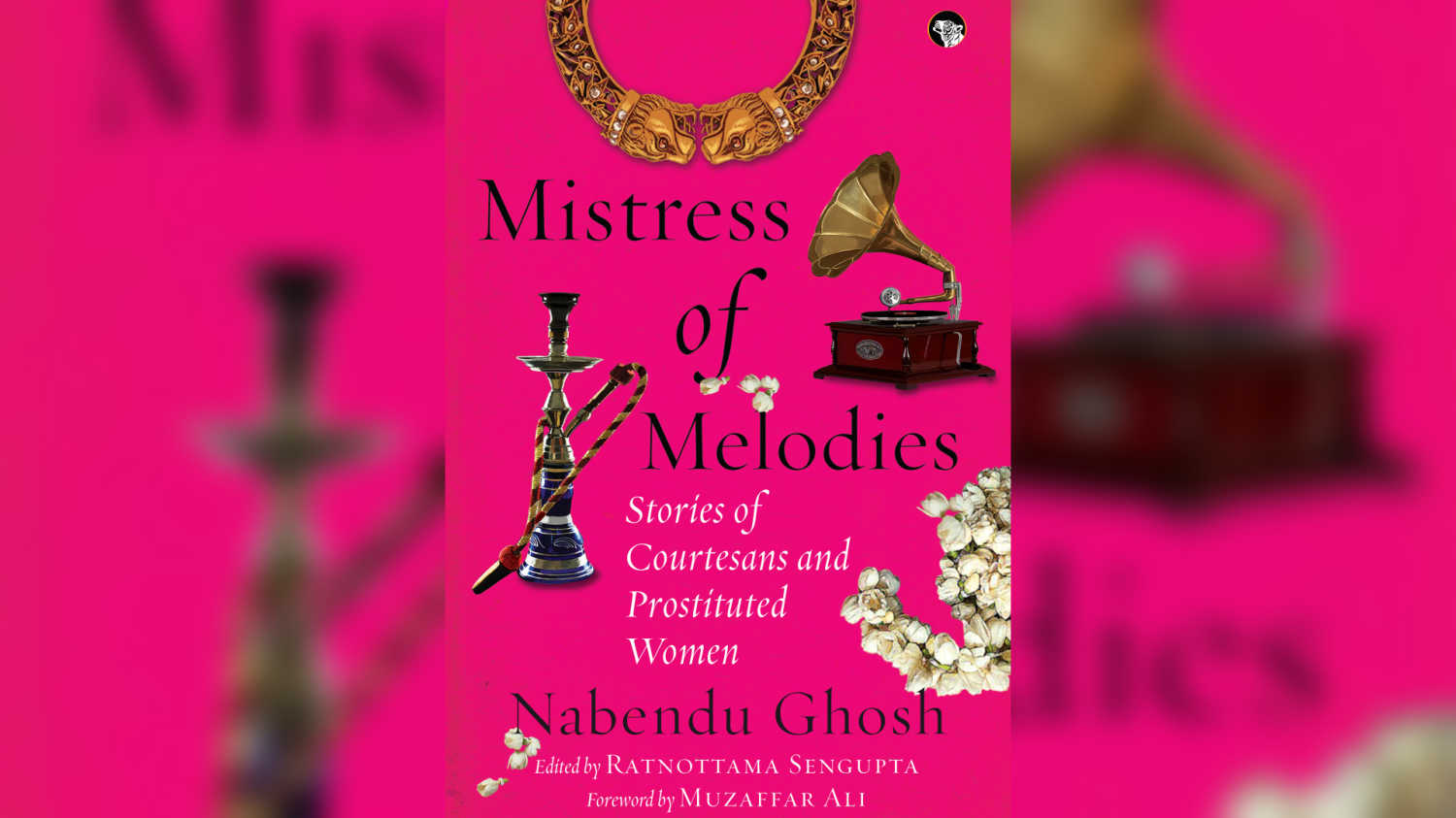In this selection from the chapter titled Dregs, a tram conductor recalls his interactions with a ‘fallen’ young woman as he watches her rise and fall in life, with first disdain and then regretful understanding. The collection of stories by famed screenwriter Ghosh has been translated and edited by Ratnottama Sengupta.
Book excerpt: Nabendu Ghosh’s Mistress of Melodies – Stories of Courtesans and Prostitutes
Mumbai - 15 Dec 2020 16:19 IST


Nabendu Ghosh
Kalighat to Dalhousie. I saw the girl on my route on a number of journeys. The same expression: sad, silent, but with a calculated glance. I would turn away my face every time I spotted her.
Disgusting!
One day, all of a sudden, I realized that the girl had not been taking this route. I heaved a sigh of relief. ‘Good riddance!’ I said to myself.
Then the calendar changed.
1944 dawned but the War continued to rage throughout the world. The horrendous famine had waned by this time. The lower rung of society, economically most deprived, had been wiped out. But hunger was now raiding the middle class. The quantity of rice on his plate had scaled down. The times, much like Duryodhan, were tugging at the attires of the women in these households that queued up in vain for rationed clothes. And they were all gearing up for a last-ditch battle for freedom from the imperialist rulers.

This determined assault had resonated in my ribcage too. I felt stifled but could do nothing. My tramcar was running on its iron rails, spitting fire from its cables and singing its metallic song, shaking terra firma, keeping with the restless pace of the greats of the brand new world. And in its second class, I was peeling out tickets from a leather bag, punching them, handing them to passengers, counting every coin, sometimes after heated arguments, and forcing out ticketless travellers. In my attempt to cling on to the salary of fifty rupees a month, I had not had a chance to admire the Maidan in the twilight of spring, or on an autumn afternoon.
We had gone past autumn and were riding into winter. The northern wind was sending a chill down the spine. Even the woollen coat provided by the company failed to keep the chill out. The tram suddenly came to a noisy halt near Elgin Road.
There had been an accident just ahead of us. Screams, shouts, cackle of voices. A full ten minutes later, the tram groaned back to life. That’s when a young lady got into the tram.
As I walked up to her with the ticket, I was startled. Arre, it was that same girl! She had [been] completely transformed. Her bony structure had filled out. She now had well-rounded cheeks. And a light coat of lipstick added a veneer of glamour. She was tastefully dressed in a colourful handloom sari, her slippers were high-heeled, and her handbag was well matched.
‘Ticket?’
‘Five paise—’ her voice too had turned mellifluous.
‘Where to?’
She turned towards me. I realized that she had recognized me but she did not give that out. Looking the other way, she said, ‘You just punch a ticket, why do you need to know so much?’
Suppressing my anger I handed it to her and moved away. She’s prospering in her business! Clearly, she is a success in her sinful ways. Must say, she looks quite attractive now. Her lascivious lifestyle had lent an undefinable shine to the dark of her eyes. The curve of her lips, the slant of her neck, the sway of her hips were all sending out a ‘come hither’ message that no one would have any problem in decoding.
She got off at the very next stop. I stretched out my neck and saw her enter the first class. She is rising in life — so she is avoiding me. She won’t go in second class anymore.
That day it didn’t seem very glorious to be a second-class conductor.
Someone up there must have felt the pain inside me. Days later I was temporarily shifted to the first-class compartment on the Wellington–Gariahat route.
I started plying the new route with great enthusiasm.
Excerpted from Mistress of Melodies: Stories of Courtesans and Prostituted Women by Nabendu Ghosh, edited by Ratnottama Sengupta. Includes translations by Ratnottama Sengupta, Mitali Chakravarty and Padmaja Punde. The book is now available on Speaking Tiger Books. Buy your copy here.

